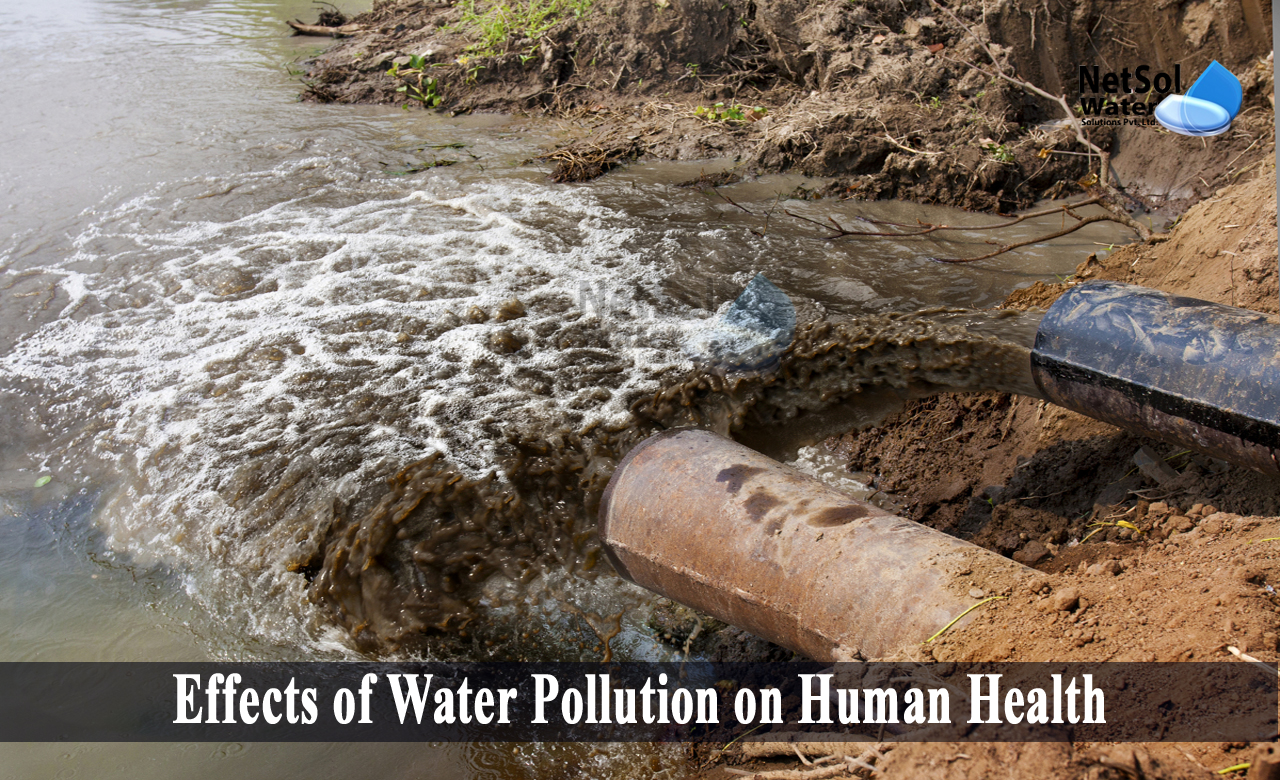Water pollution has an impact on the vegetation and organisms that live in the bodies of water. Water pollution not only harms marine life and flora, but it also has a negative impact on human health. Several people die every day as a result of drinking contaminated or polluted water.
It is critical to keep a close eye on your health. Do not ignore any signs and symptoms; instead, consult doctors, express your concerns, and seek treatment as soon as possible.
What are the Effects of Water Pollution on Human Health?
· Respiratory illness
Water pollution causes infectious diseases. The primary cause of water pollution-related diseases is a lack of safe drinking water. It can also occur if one is exposed to contaminated water. Swimming in a pool with contaminated water, for example, can cause respiratory infections.
· Cardiovascular illness
Several metals found in water, such as lead and arsenic, are linked to cardiovascular disease caused by water pollution. Lead is commonly found in public water supplies, but its presence above contaminant levels is harmful and may raise blood pressure. Tap water may also contain lead as a result of old lead-containing plumbing pipes.
Arsenic, on the other hand, is commonly found in well water, as a pollutant from pesticides, and as a result of soil contamination. This arsenic is transferred from the soil to crops and food.
Arsenic exposure over time may be harmful to the heart. Arsenic is a poisonous substance that, if consumed, can cause the thickening of the walls of the heart's main pumping chamber. It ultimately leads to heart failure.
· Cancer
When it comes to the impact of water pollution on human health, one of the most frightening consequences is cancer. For decades, there has been a link between cancer and water pollution.
Arsenic is the primary cause of cancer caused by water pollution. This toxic substance can be found in groundwater.
Cancer may result from chronic arsenic poisoning. However, it is dependent on several factors such as the dosage, the person's nutrition levels, how long it has been consumed, and any other genetic predisposition. It has been linked to a variety of cancers, the most common of which is skin cancer, followed by lung cancer, kidney cancer, and bladder cancer.
· Diarrheal Disease
In India, diarrhoea has claimed more lives than any other water-borne disease. It primarily affects children under the age of five. Human feces contaminate water from septic tanks, sewage, and other sources.
Diarrheal symptoms include abdominal pain, watery feces, dehydration, and, in the worst-case scenario, death. This illness can last for a few days. It removes salts and water from the body, both of which are required for life.
· Neurological Disorder
Water pollution causes a wide range of neurological diseases. Toxins or contaminants in water can cause a variety of neurological diseases, such as seizures, strokes, Parkinson's disease, and others.
Conclusion
Water pollution is an unseen threat to humanity. It is a serious environmental hazard caused by a variety of contaminants. Humans can be harmed by entering, washing with, or drinking polluted water.
In India, water pollution-related diseases are common. Thus, understanding the nature of these diseases and recognizing symptoms early on, is critical to seeking treatment.
How can we assist?
Netsol Water has aided in the resolution of hundreds of water-related problems, by utilizing a wide range of specialized water treatment and wastewater treatment technologies.



